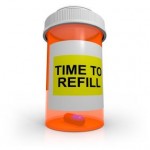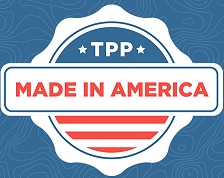
Doctors Examining X-Rays ca. 1980s-1990s
(A version of this Health Alert was published by Forbes.)
In July, the Food and Drug Administration issued guidance on three topics important to the future of medical innovation. These welcome guidelines demonstrate the FDA is doing the best it can to ensure it does not interfere inappropriately with advances in medical technology that rely on processing information.
However, the guidelines also show the FDA will be limited in its ability to respond effectively to future innovations. Current law does not really define the FDA’s powers to regulate devices that depend on advances in artificial intelligence and machine learning, as applied to health care. Guidelines give medical entrepreneurs some comfort the FDA will not impose an undue regulatory burden on them, but they are no substitute for legislation precisely defining the FDA’s powers in the digital age.
Fortunately, new legislation that moves in the right direction – the 21st Century Cures Act – has passed the House of Representatives and will hopefully finish its passage through the Senate quickly enough that reconciliation between the two chambers can take place, and a good bill will pass before the 114th Congress adjourns.
Read More » »
 Writing in The Hill, Mercatus Senior Research Scholar Robert Graboyes discussed ways to boost the U.S. Food and Drug Administration’s productivity. He and coauthor Jordan Reimschisel discussed seven things the FDA could do to speed approval of drugs and medical devices.
Writing in The Hill, Mercatus Senior Research Scholar Robert Graboyes discussed ways to boost the U.S. Food and Drug Administration’s productivity. He and coauthor Jordan Reimschisel discussed seven things the FDA could do to speed approval of drugs and medical devices.







